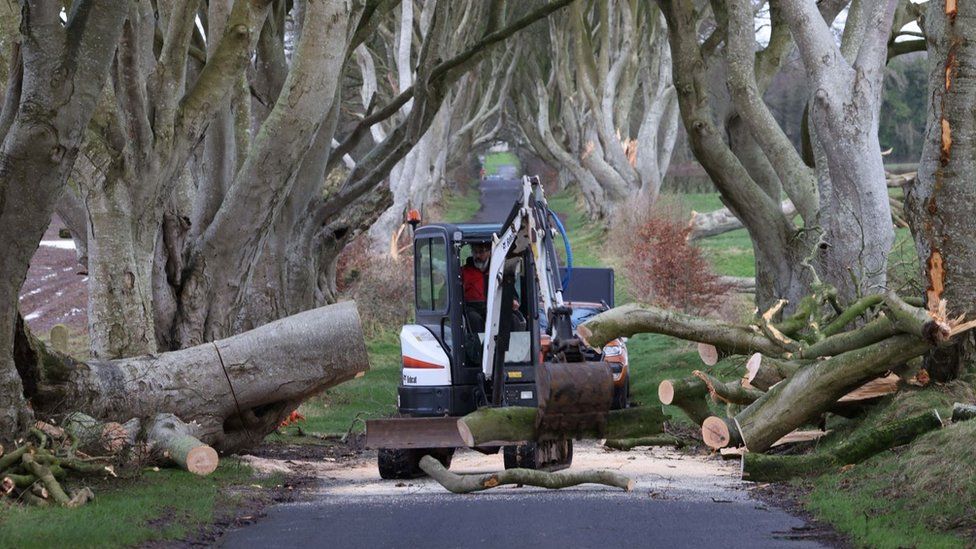Procedural Posture
Plaintiff insurance company sought review of a judgment of the Superior Court of Sacramento County (California), which dismissed plaintiff’s complaint in favor of defendant attorney after sustaining general demurrers, in part with leave to amend. Plaintiff declined to amend, asserting that the complaint stated causes of action against defendant, who represented plaintiff’s insureds on their claims against third party tortfeasors. The parties were counseled by a corporate attorneys for the civil litigation.
Table of Contents
Overview
Plaintiff insurance company sought review of a judgment that dismissed its complaint in favor of defendant attorney after sustaining general demurrers. Defendant represented plaintiff’s insureds on their claims against third party tortfeasors. Plaintiff agreed to pay medical expenses for covered injuries, and the insureds contracting with it agreed to hold in trust for and to reimburse to it any third party recovery up to the amount of medical benefits paid. Benefits were required to be paid whether or not there was any third party recovery or the recipients promised to reimburse plaintiff, so it did not detrimentally rely on any promise to reimburse from a particular fund in performing its obligations. Defendant never promised, expressly or impliedly, that he would protect plaintiff’s interests. The funds were transferred to defendant in the normal course as satisfaction of the personal injury settlements. An attorney receiving payment of a judgment or settlement on behalf of clients had no obligation to satisfy their debts out of that fund. Plaintiff had no equitable lien on any third party recoveries and no trust relationship with defendant. The judgment was affirmed.
Outcome
The judgment was affirmed. Defendant attorney received his costs on appeal. Defendant never promised, expressly or impliedly, that he would protect plaintiff insurance company’s interests, and he had no obligation to satisfy the insureds debts out of any monies received on their behalf.
Procedural Posture
Appellant property owner filed a cross-complaint for indemnification against respondent utility after a child was seriously injured when he attempted to dislodge a kite from a power line maintained by the utility on the owner’s property. The trial court granted the utility’s motion for summary judgment. The California Court of Appeal, Sixth Appellate District, reversed the judgment. The utility petitioned for review.
Overview
The court concluded that, even assuming a claim for implied contractual indemnity could be predicated on an alleged breach of an easement duty, the utility’s immunity from liability to the child under Civ. Code, § 846, nonetheless barred the owner from recovering indemnification as a matter of law. The owner’s indemnity claim failed because she could not make the required showing that the utility bore some legal responsibility for the child’s injuries. It was undisputed that the owner could defend against the child’s suit by claiming the benefit of the recreational use immunity provided in § 846. In fact, the owner herself relied on § 846 as an affirmative defense, and the only reason the child’s case against her remained pending was that a disputed issue of material fact existed as to whether the owner expressly invited the child onto her property, so as to trigger a statutorily listed exception to immunity. Under these circumstances, considerations of equity and fairness failed to support the owner’s unilateral efforts to partially or completely shift responsibility for her loss to the utility, which did nothing to except either the owner or itself from the statutory immunity.
Outcome
The judgment of the appellate court was reversed. The appellate court was directed to enter judgment in favor of the utility.






